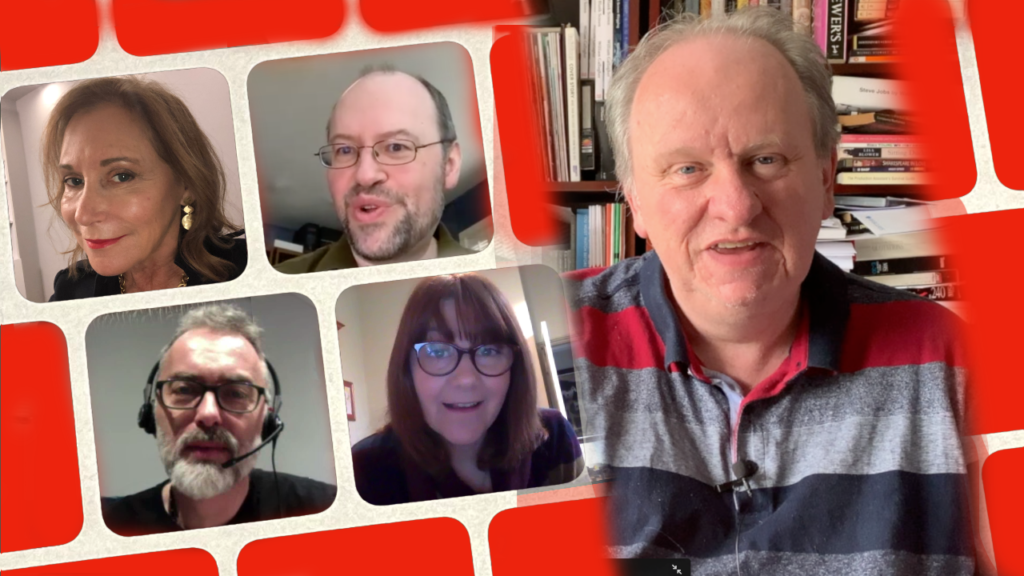I don’t think people know how to use phones any more.
Quick story. It’s some time in the 1980s and I’m in a producer’s office, pitching him a factual idea for BBC Radio 4 that I’d called “555”. It was about the then little-known fact that every telephone number uttered in any American film or TV show began with the area code 555. Today you’d make a YouTube video about it and about how America’s Bell Telephone Co reserved that whole code for filmmakers, but back then I had a good case for also finding the UK equivalent, looking into the stories of what happens when shows use real phone numbers instead, and so on.
Back then, in that office, though, I am also there when the producer’s phone rings precisely as I first say “555”, and when he answers but there’s no one there. Back then, this kind of dead call was rare enough that he hung up the receiver and said that it was surely a sign that we should make this show.
We never did.
Anyway. Today, yes, I get three or four dead calls a day. I know that I can block them on my iPhone but only in such a way that I also block calls from people offering me work, so, you know, I put up with the dead calls. Incidentally, I’ve learned that if I pick up and do not say a word, a huge proportion of the time, they hang up. You can’t imagine me not talking. Thanks.
That aside, I know you just pictured me picking up my iPhone and putting it to my ear. Or you definitely pictured the 1980s producer picking up the phone receiver and holding it to his.
And that’s what I see changing. Maybe it’s just a greater awareness of my surroundings post-pandemic lockdowns, but now I seem to see a lot more people talking on their phones as I walk around outside – and none of them put those phones to their ears. It’s now always, always, that they hold the phones out in front of them and are using the speakerphone.
I’m not saying this is wrong, it’s just that it’s like the sudden majority don’t know there used to be this thing about holding it to your ear. Sometimes it’s like they don’t want to hold the phone that closely, it’s like they are staring at this device in fear of its witchcraft and/or post-Brexit roaming charges. Sometimes they’re tweeting while they talk and sometimes that leads them into a tree. Or sometimes they’re on video calls and I like video calls, I’m just a little less keen at staring up someone’s nose while we talk.
But it’s now so common to see phones used being this way that if you do see someone holding a phone up to their ear, either they are old or you are in a film.
I know mobile phones killed off a lot of cheap tricks in drama, like the ominous slow pan to the ringing hall telephone seconds after the hero has left on what we know is probably not a fatal errand but we’re supposed to think that this week it just could be. Or when characters are trying to call each other at the same time so the lines are engaged and that’s it, we’re on our own now.
I also know that mobiles have opened up new drama possibilities, like saying you’re in one place when you’re in another, or being tracked by which cellphone towers your call goes through, or Android phone users being able to call for help while iPhone ones look for a charger.
But I didn’t know how the use of phones has so visually changed.
Or maybe I just don’t know why so many people now believe I must hear both sides of their conversation. Look, you were on a break, okay?
